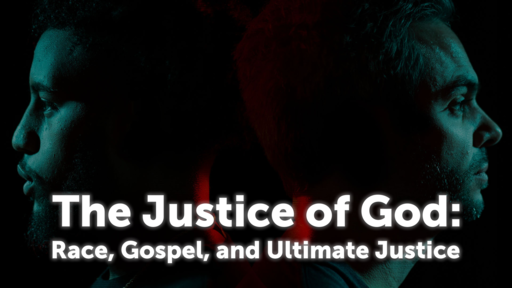The Justice of God: Race, Gospel, and Ultimate Justice

The Justice of God: Race, Gospel, and Ultimate Justice
Introduction:
The earliest Stoics were primarily concerned with cosmology, that is, the study of nature’s origin and its laws. They were materialists, who held that all things both come from the one basic element of fire and will eventually return thereto in a vast cosmic conflagration. They therefore had a cyclical view of cosmic history, such that one universe after another arises and is destroyed. Both the orderliness of things as we know them, and this cyclical pattern of history, were ascribed to the organizing and sustaining power of a pervasive force known as the Logos that is sometimes regarded as divine. Its laws were the laws of nature to which all creatures must conform. It gives to all things their essential nature and so gives life and reason to men. In fact the Logos is in man, taking the form of the human soul. Hence, to live according to reason is to live according to the natural order of things, and this is good. Conscious obedience to natural law liberates a man from fear and concern about external circumstances over which he has no control, but which are still ruled by nature’s laws. The good life, then, is one in which reason, not passion, rules, and peace of mind and harmony with nature consequently prevail.
I. The Unknown God (Acts 17:24-25)
II. Man’s true origin (Acts 17:26-28)
“Follow this decree because integration is morally right and because the Negro is your brother.” In the midst of blatant injustices inflicted upon the Negro, I have watched white churchmen stand on the sideline and mouth pious irrelevancies and sanctimonious trivialities. In the midst of a mighty struggle to rid our nation of racial and economic injustice, I have heard many ministers say: “Those are social issues, with which the gospel has no real concern.”
